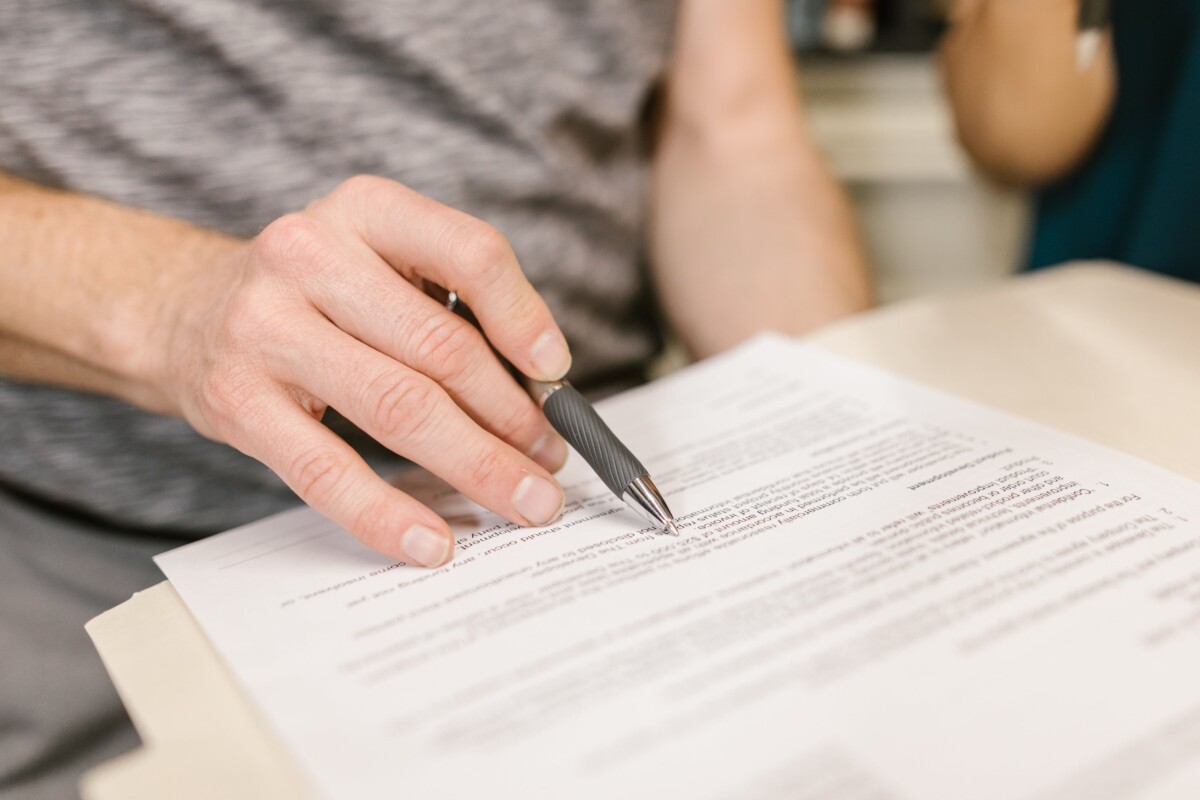Finding the right lease agreement can be daunting, especially if you’re a first-time renter. There are many factors to consider, such as location, price, and amenities. But with some planning and effort, you can find the perfect lease agreement for your needs.
Do your research
Before you start looking for a lease agreement, it’s important to do your research. This will help you narrow your options and find properties that meet your criteria.
Here are a few things to consider:
- Location: Where do you want to live? Consider factors such as proximity to work, school, or public transportation.
- Price: How much can you afford to spend on rent?
- Amenities: What amenities are important to you? Consider things like a pool, fitness center, or parking.
- Pet policy: If you have pets, ensure the property allows them.
- Lease term: How long do you want to rent the property for?
Gather your documents
You must gather your documents once you know what you’re looking for. This will help you show landlords that you’re a responsible tenant.
Here are some of the documents you’ll need:
- Proof of income: This could be a pay stub, bank statement, or tax return.
- Rental history: If you’ve rented before, provide your landlord with a reference from your previous landlord.
- Personal connections: Provide your landlord with contact information for two or three personal references.
- Credit report: Your landlord may want to see your credit report to assess your financial stability.
Start your search
Once you’ve researched and gathered your documents, you can start searching for a lease agreement. There are many ways to find a lease agreement, including:
- Online listings: Many websites list rental properties.
- Newspapers: Check the classifieds section of your local newspaper.
- Real estate agents: Real estate agents can help you find properties that meet your criteria.
- Word-of-mouth: Talk to your friends, family, and coworkers to see if they know any available rentals.
Read More Articles:
Striking a Paw-positive Balance – Pet-Friendly Policies for Landlords
Why an Early Start in Retirement Planning Packs a Powerful Punch
Schedule viewings
Schedule viewings once you’ve found a few properties you’re interested in. This will allow you to see the property and ask questions about the lease agreement.
Here are a few things to look for when you’re viewing a property:
- Condition of the property: Make sure the property is in good condition.
- Amenities: Make sure the property has the amenities you’re looking for.
- Neighbourhood: Make sure the neighborhood is safe and convenient.
Review the lease agreement.
Once you’ve found a property you like, carefully review the lease agreement before signing it.
Here are a few things to look for in a lease agreement:
- Rent amount: Ensure you understand the rent amount and when it’s due.
- Security deposit: Make sure you know the amount and when it will be returned to you.
- Lease term: Ensure you know the lease term and when it can be renewed.
- Responsibilities of the landlord and tenant: Make sure you know the duties of both the landlord and tenant.
Sign the lease agreement.
Once you’re happy with the lease agreement, sign it and return it to your landlord. Ensure you get a copy of the signed lease agreement for your records.
Additional tips
Here are a few additional tips for finding a lease agreement:
- Start your search early: The best properties tend to go quickly, so start your search before finding what you’re looking for.
- Be flexible: Be bold with your criteria. You may need to compromise on some things to find the perfect property.
- Be prepared to act quickly: If you find a property you like, be prepared to act soon. In a competitive rental market, properties can go rapidly.
Finding a lease agreement can be challenging, but it’s important to find the right one for your needs. By following the tips above, you can find a property that meets your criteria and that you’ll be happy to call home.










